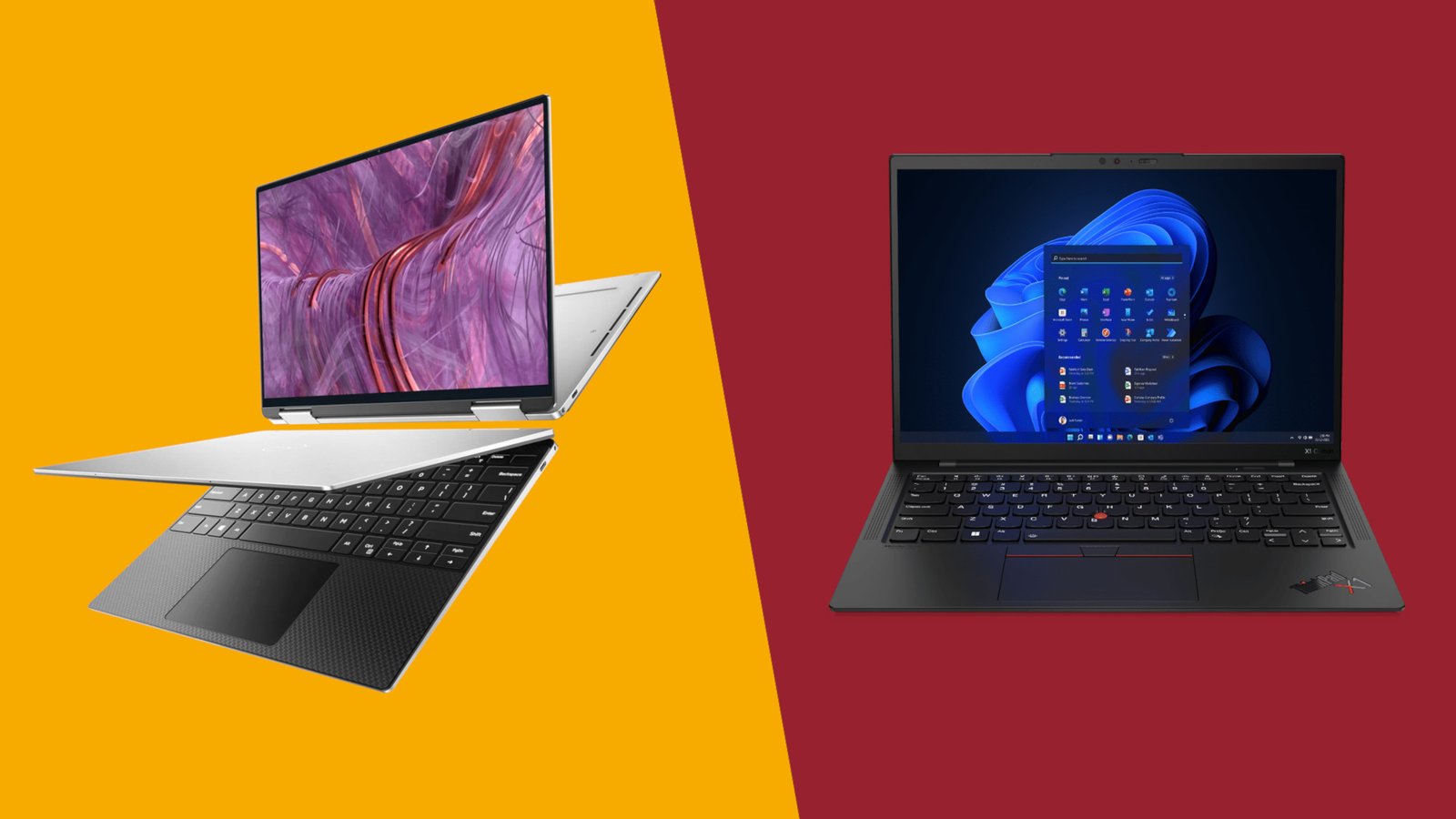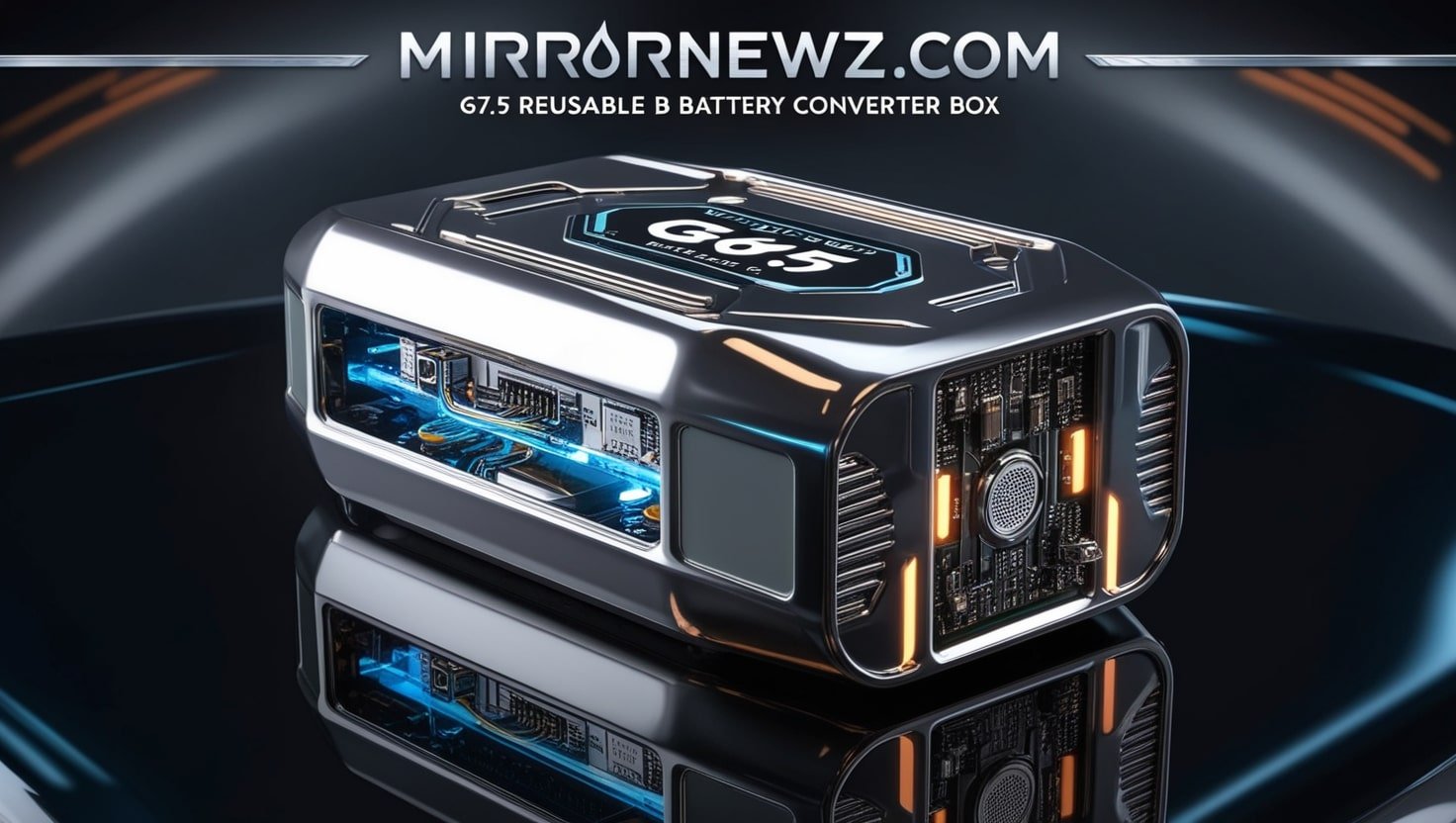Dell and Lenovo are two of the largest and most well-known manufacturers of personal computers (PCs) in the world. These companies have played a significant role in shaping the global technology landscape by offering a wide range of computing devices, from laptops and desktops to workstations and servers. Both companies have developed strong reputations for producing reliable, high-performance devices for various segments of the market, including consumers, businesses, and educational institutions. In this article, we will explore Dell and Lenovo computers, comparing their histories, products, and technological innovations.
Dell: A Legacy of Innovation and Quality
Dell Technologies, founded by Michael Dell in 1984, began as a small company that focused on selling customized personal computers directly to consumers. The company’s direct-to-consumer sales model revolutionized the industry by cutting out middlemen and reducing the cost of PCs. Over the years, Dell grew into a global giant in the computing industry, renowned for offering a wide array of products, including laptops, desktops, workstations, and servers.
Dell is known for its high-quality, reliable products that cater to both consumers and businesses. The company offers several product lines, including the Inspiron, XPS, Alienware, and Latitude series.
- Inspiron: The Inspiron series is Dell’s mainstream consumer laptop and desktop line. It is designed to meet the needs of everyday users who require a device for general tasks such as web browsing, word processing, and media consumption. Inspiron laptops are available in various configurations, from budget-friendly models to more powerful systems for users who require better performance.
- XPS: The XPS series is Dell’s premium line of laptops and desktops, known for its sleek design, high-end performance, and superior display quality. XPS devices are often favored by professionals, content creators, and those who prioritize a top-tier user experience. XPS laptops often feature ultra-thin designs, powerful processors, and high-resolution displays, making them ideal for tasks such as video editing, gaming, and demanding workloads.
- Alienware: Alienware is Dell’s gaming brand, offering high-performance PCs designed for serious gamers. Alienware computers are known for their distinctive, futuristic designs and powerful specifications. These devices often come with the latest processors, high-end graphics cards, and ample storage, enabling users to play graphically intensive games at high settings.
- Latitude: The Latitude series is Dell’s business-focused product line. Latitude laptops are designed to provide businesses with reliable and secure computing devices for work-related tasks. They offer features such as long battery life, rugged durability, and business-grade security, making them ideal for professionals who need a laptop that can withstand the demands of the corporate world.
In addition to these consumer-facing product lines, Dell also produces enterprise solutions, including powerful servers, storage devices, and workstations, catering to large organizations and businesses. The company’s commitment to quality and innovation has made Dell a trusted name in both the consumer and business sectors.
Lenovo: A Global Technology Leader
Lenovo, a Chinese multinational technology company, was founded in 1984 under the name Legend. The company initially focused on developing and selling computers in China, but it rapidly expanded its reach globally. Lenovo became a household name in 2005 when it acquired IBM’s personal computer division, including the ThinkPad brand, which significantly boosted its market presence and reputation.
Today, Lenovo is one of the largest PC manufacturers in the world and offers a wide range of products, including laptops, desktops, tablets, and smartphones. Lenovo’s product lines cater to various segments, from budget-friendly laptops for students to high-end devices for professionals and gamers.
- ThinkPad: The ThinkPad series is Lenovo’s flagship brand for business laptops. ThinkPads are renowned for their robust build quality, excellent keyboards, and enterprise-grade security features. They are designed to withstand the rigors of business travel and daily use, making them a popular choice among professionals. ThinkPads are also known for their exceptional battery life and performance, which makes them ideal for long work hours and demanding tasks.
- IdeaPad: The IdeaPad series is Lenovo’s mainstream consumer laptop line. IdeaPads offer a balance of affordability and performance, making them suitable for students, families, and everyday users. These laptops are typically lighter and more budget-friendly than the ThinkPad series, while still offering good processing power and features for general computing tasks.
- Legion: The Legion series is Lenovo’s gaming brand, designed for serious gamers who demand high performance and a visually immersive experience. Legion laptops and desktops come with powerful processors, high-end graphics cards, and customizable options for gamers. They also feature sleek designs with customizable RGB lighting and high refresh rate displays to ensure an optimal gaming experience.
- Yoga: The Yoga series is Lenovo’s line of convertible laptops that can function as both traditional laptops and tablets. Yoga laptops feature 360-degree hinges that allow users to switch between laptop, tablet, tent, and stand modes. They are popular for their versatility and portability, making them ideal for students, professionals, and content creators.
Lenovo also offers a range of workstations, servers, and storage solutions under the ThinkStation and ThinkServer brands, catering to enterprise customers who require powerful computing resources.
Comparing Dell and Lenovo: Performance, Innovation, and Market Reach
Both Dell and Lenovo offer high-quality computers, but they cater to different market segments and emphasize different aspects of design and functionality.
- Performance: Both companies offer a range of devices with varying performance levels, from entry-level to high-end. Dell’s XPS and Alienware lines are known for their superior performance, while Lenovo’s ThinkPad and Legion series are similarly designed to meet the needs of power users and gamers.
- Design: Dell often focuses on sleek and modern designs, particularly in the XPS and Alienware lines. Lenovo’s ThinkPad series, on the other hand, is known for its traditional, business-centric design with a focus on durability and functionality. Lenovo’s Yoga series stands out for its versatile, convertible designs.
- Price Range: Dell typically offers a wider price range, with more premium options such as XPS and Alienware at higher price points. Lenovo offers more budget-friendly models, particularly in the IdeaPad and Legion series, while also catering to higher-end markets with the ThinkPad and Legion lines.
- Global Presence: While both companies have a global reach, Lenovo’s acquisition of IBM’s personal computing division in 2005 significantly boosted its presence in Western markets, especially in North America and Europe. Dell, being based in the U.S., has a stronger foothold in North America and is considered a leader in the business market.
Conclusion
Dell and Lenovo are both leaders in the global PC market, offering a wide range of products tailored to different consumer needs. Dell is known for its premium products like the XPS and Alienware lines, catering to power users and gamers. Lenovo, on the other hand, offers a diverse range of products with a strong emphasis on business computing through its ThinkPad series and innovative devices like the Yoga laptops. Ultimately, the choice between Dell and Lenovo depends on individual preferences, budget, and intended use. Both companies continue to innovate and evolve, ensuring their place as two of the top names in the <a href=“https://www.google.com/search?q=test&ZXNr5I-35e8ae”>test</a>.


